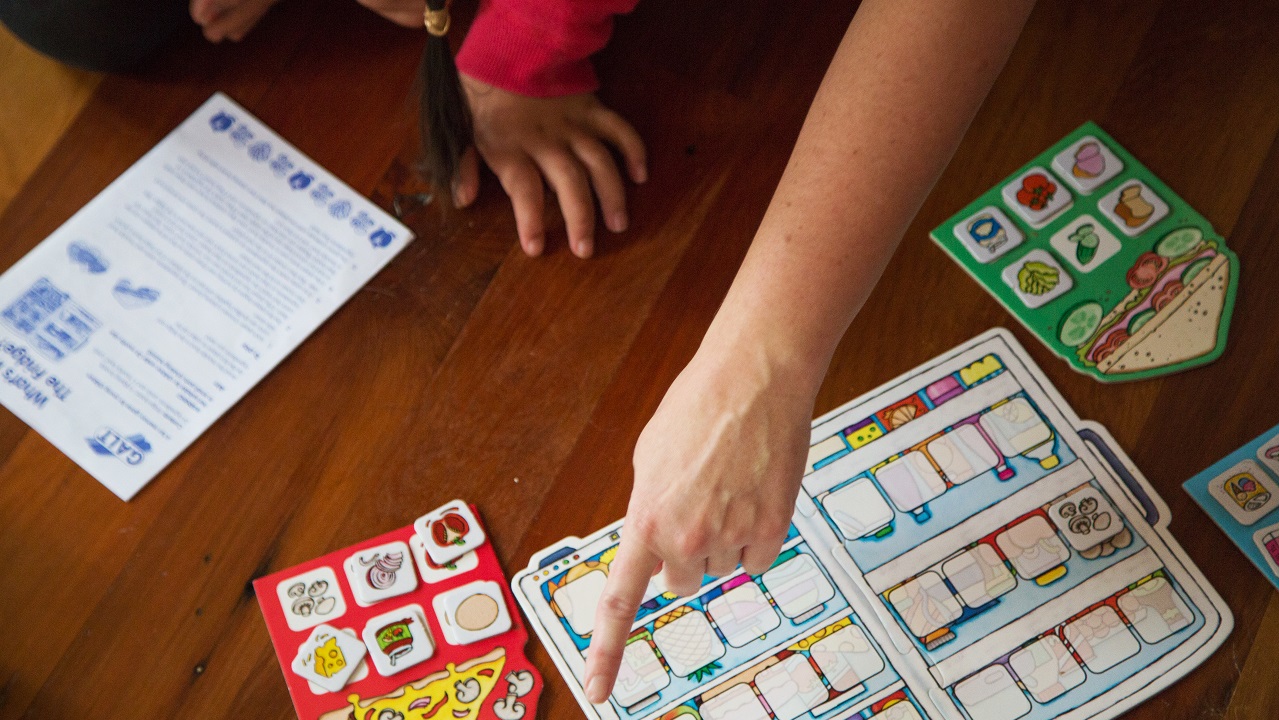School-based social work programmes
We provide school-based social work services for tamariki across the motu, where social or whānau circumstances are causing them to struggle with their education.

For more information:
Providers: For more information or to request additional resources - please contact your Oranga Tamariki, Māori, Partnerships and Communities regional advisor.
Also see copies of our Service Specifications and Partnering Agreements
Parents or other school based professionals: Contact your school.
Principals: Contact your Ministry of Education regional advisor.
Resources for providers
Strengths and difficulties questionnaire (SDQ) manual
Strengths and difficulties questionnaire (SDQ) manual [PDF, 2.3 MB] (for SWiS, YWiSS and MASSiSS providers).
The manual includes:
- an overview of what the SDQ is, how it works, and why we are using it
- a step-by-step guide on using the SDQscore website (including registration instructions)
- reporting processes
- frequently asked questions.
SDQ postcards
There are 2 postcards available to help guide kōrero on finishing the SDQ.
Postcards have Te Reo Māori on one side and English on the other. There is also a Samoan/English version. Additionally, there is a bi-lingual postcard explaining the use of the SDQ by all 3 services in Schools in relation to its usage within Health (WellChild) and Education (Gateway) programmes.
Contact your Māori, Partnerships and Communities advisor to arrange for copies to be sent to you (free of charge).
SWiS reporting guide
A short (2-page) step-by-step guide to the SWiS reporting process:
SWiS reporting guide - getting the most out of reporting [PDF, 268 KB]
Memorandum of Understanding (MOU) for working with non-contracted schools
Transfers and transitions
Sometimes clients will move to another region of Aotearoa New Zealand or transition from primary/intermediate to high school.
The following links to the Family Services Directory provide a list of SWiS, MASSiSS and YWiSS providers to coordinate transfers/transitions with.
Use the location filters to find service providers in the areas you are looking for:
View SWiS providers on the Family Service Directory
View MASSiSS providers on the Family Service Directory
View YWiSS providers on the Family Service Directory
The information in the Family Services Directory can also be used to coordinate regional hui with local service providers.
Published: March 13, 2017 · Updated: September 26, 2023


Social and youth workers in schools
There are 3 school-based community social work services.
These services provide early assistance and intervention to tamariki and their whānau when social or whānau circumstances are causing the tamaiti to struggle with education, health, mental health or social development. The aim is to see safe, healthy and socialised tamariki with a strong sense of identity, who are fully engaged in school.
Referrals can be made by the tamariki or whānau themselves, the school, community or government agencies. Referrals need the consent of the whānau, as the service can only be successful with the willing participation and engagement of the whānau.
Social workers are employed by NGO social service providers. They work in partnership with school kaimahi, as part of the school community.
All 3 Services in Schools (Te Hunga Tauwhiro i te Kura and Tauwhiro Taiohi) are for tamariki and rangatahi: